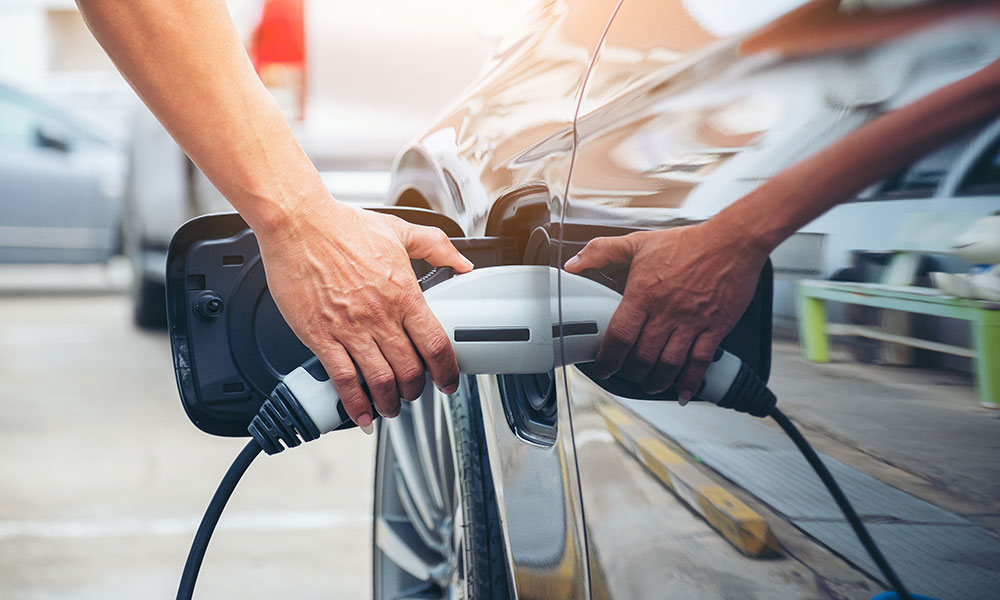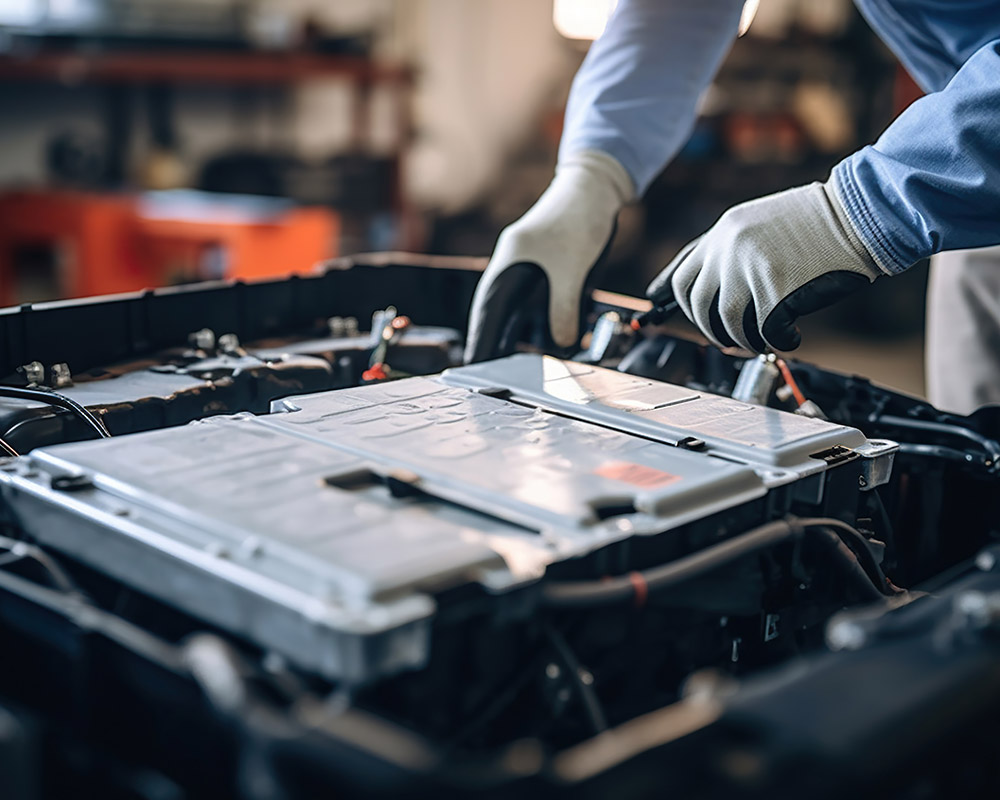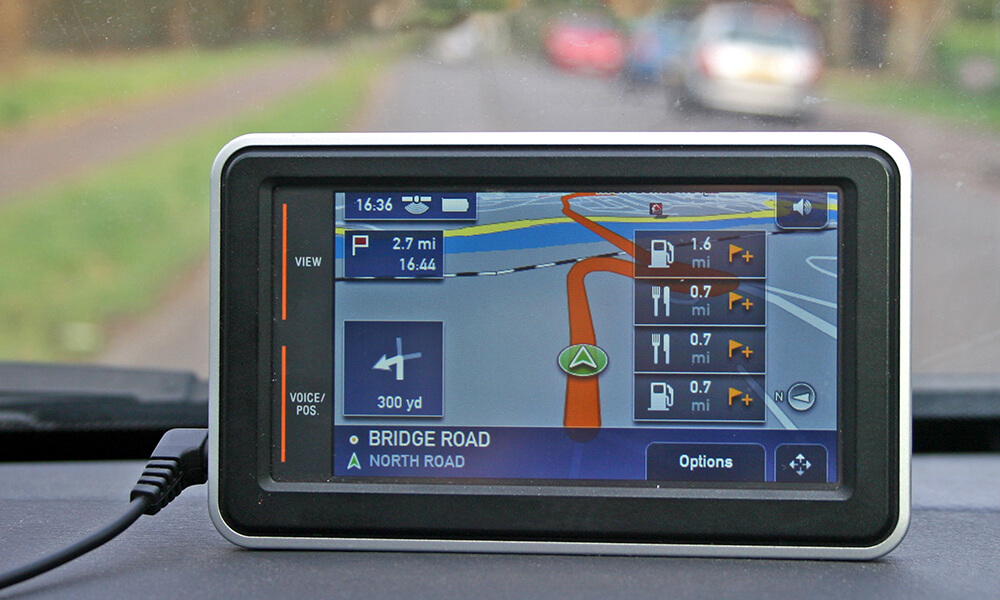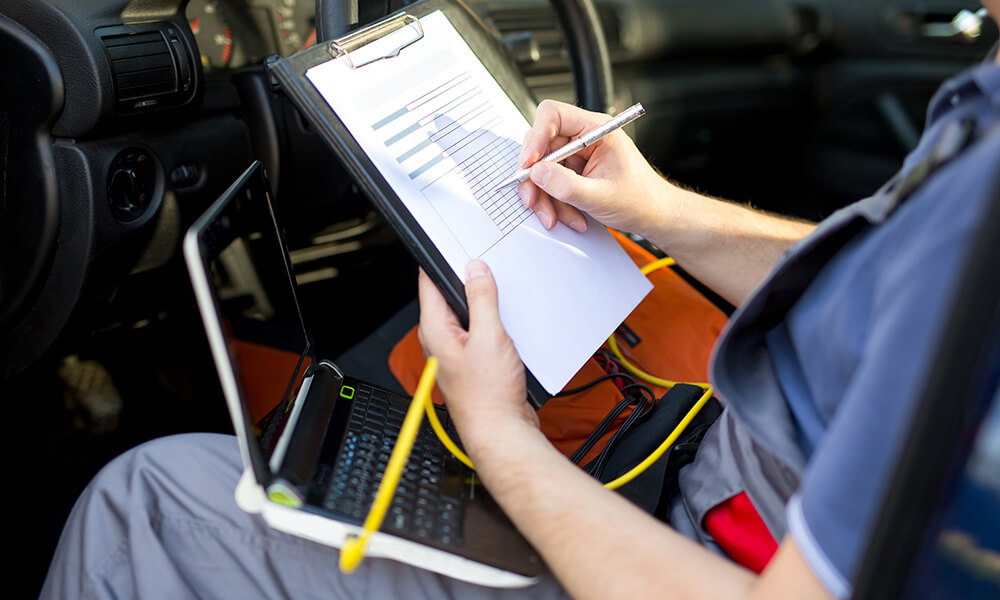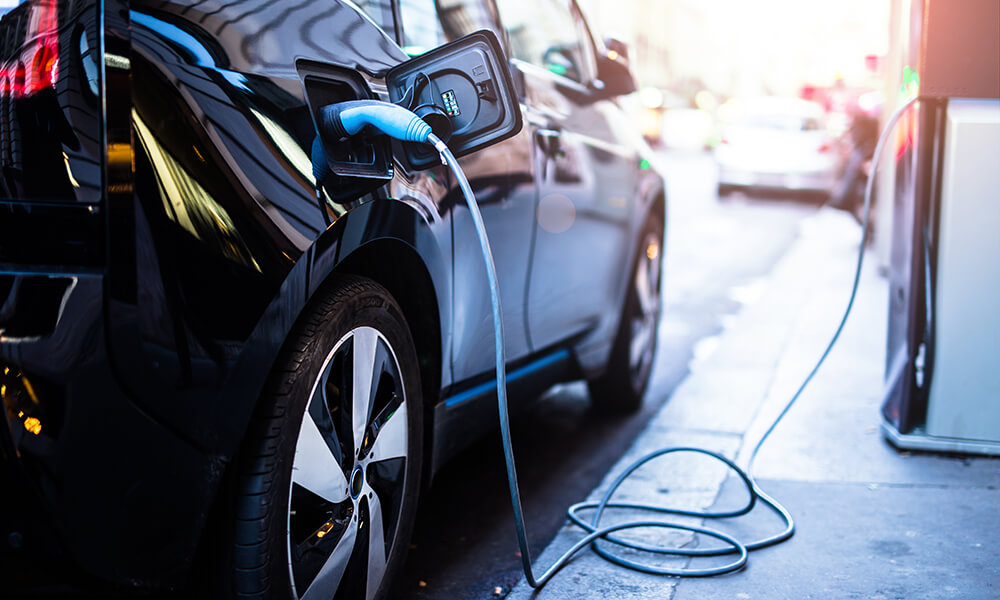Electric Car Charging Point Guide

Just got an electric car but unsure where to charge it? Let us make things simple.
As of March 2023, the amount of electric car charging points has grown exponentially. The grand total at the moment is 40,496 charging devices in the UK – with 1827 built in February alone!
Last month, we reported that charging infrastructure had increased by 33% over the course of a year, but with March’s new data, that figure is now a 35% increase. Clearly, EV charging points are becoming more prevalent, more accessible and better for electric car drivers across the country.
The future is electric, so whether you’re in the market for an EV or you’re already the proud owner, it’s always handy to know where your nearest charging point is – which is exactly what we’re here for!
Keep scrolling to play around with our interactive charging infrastructure map, so you can find EV charging points near you.
Public electric car charging points near me
Just got an electric vehicle and on the hunt for electric charge points nearby? Or, are you on the road, running out of charge and in need of a charging point, stat? We’ve got your back.
We’ve built a handy map to make locating a charging point easy and simple. Just type in your location, find your closest device and off you go.
Using our EV charging point map
You’ll spot the key at the bottom of the map which indicates what type of charge point you’re looking at. For instance, if it’s a slow, fast or rapid device.
Once you click into a specific charging point, you’ll find all the key information you need. This includes the charger’s exact address, its charge capacity and what type of connector the device takes.
The number is going up and up with every passing moment. Reportedly, the UK currently has over 40,000 charging devices.
Finding EV charging points nearby is easy with our charging infrastructure map. Type in your location and watch as the map does all the work for you, pinpointing the charging points in close proximity to you.
The cost to charge
The type of charging point you’re at dictates how long it’ll be before you can hit the road. With a rapid charger, you could be back behind the wheel in a matter of minutes.
And when it comes to cost, it varies. Factors such as the speed of the charger, where it’s located and of course, if it’s from your own home or at a public charging station will all contribute to the final bill.
Some options are cheaper than others, but you’ve got to keep in mind that cheaper does typically mean slower. Good news is with charging infrastructure improving as we speak, you’ll likely never be stuck in a jam.
This varies. Some slow and fast chargers could be priced at around £0.19 per kWh, while rapid charging might cost anywhere between £0.45 to £0.85 per kWh. Sometimes, you might find a free charging point!
Some are, some aren’t. Often, you might drop on a slow or fast charger – totally free of charge. It’s always a good idea to check (using our map!) so you aren’t met with a shock.
Types of EV charging point
Home vs public charging
As we know, many types of charging stations are available publicly, from the supermarket to the cinema car park.
However, the most cost-effective, and probably most convenient, way to charge up your electric vehicle, is your own home charging point for electric cars. The main drawback here is that home charging is often slower than public charging. However, this shouldn’t be an issue if you get home from work, plug in and leave it charging overnight – fully topped up and ready for the morning.
Typically, you have two main options for charging at home. This comes in the form of either a standard three-pin plug or wallbox. A wallbox is the pricier, but quicker option.
Fast vs slow charging
It might come as a shock to learn that there’s various different rates at which to charge your vehicle – slow, fast and rapid. Slow charging takes several hours – typically done overnight – to get your battery to 100% charge, ready for whatever the day has in store. A slow charger uses AC (alternating current from the grid) to give your vehicle power, using household sockets to charge and typically, 3-pin plug chargers. These connectors are typically reserved for at-home charges.
Now let’s level up and move onto fast charging. Fast chargers are the most common type of charging device in the UK – either found as dedicated home chargers or at public charging points like at the supermarket. Typically, they’re totally free of charge. Utilising AC, fast chargers will have your vehicle topped up around three times faster than slow chargers – around 4-6 hours in total.
Last up, let’s talk about rapid charging. To state the obvious, this is the quickest way to charge up your EV, and they can usually be found near motorway services. On average, these chargers can get your vehicle from 0-80% in just 45 minutes! Perfect for when you’re on-the-go and your car needs juice – ASAP.
Overall, charging stations with rapid chargers will usually cost between £15-£30 for 30 minutes’ charge, adding around 100 miles to your range. On the other hand, slow chargers take hours and hours – best for leaving to charge up fully overnight.
Retaining your battery health
Keeping your battery in tiptop condition is essential for keeping your EV on the move. After all, without your battery, you’d be nowhere. For instance, rapid chargers will slow down their charging speed after 80% to protect your battery from damage.
Though your vehicle will have handy little features like this in place already to protect your battery, there are a few ways to minimise strain and prolong your car’s battery life. This involves keeping your battery above 20% at all times, minimising exposure to extreme temperatures, allowing the battery to cool down before recharging and keeping up to date with your car’s service and maintenance schedule.
Having your EV serviced is the best way to ensure all the components are working as they should. Interested in what sets an EV service apart from a regular one?
EV home charging points
Having the ability to charge your car at home is a huge selling point for the electric vehicle. Cheaper and more convenient than public charging points (and filling up at the pump!), at-home charging is the future of electric vehicles.
To buy and install a wallbox, it typically costs between £450 and £1,200 – a worthwhile investment to future proof your driving habits. For instance, Volkswagen Group has their very own EV charging point installer provider – Elli. With 11 kWh charge power, Elli wallboxes are a fast, convenient and universal solution to charging your vehicle.
Though the cost of buying an electric car and getting your at-home chargepoint feels like a huge price to pay, it’s a worthwhile investment to future proof your driving habits and save money in the long run.
Luckily, to help ease the strain and motivate UK drivers towards the electric shift, the government has several schemes in place to help out. The EV charging point grant provides funding of up to 75% towards the cost of installing charge points at domestic properties – replacing the Electric Vehicle Homecharge Scheme (EVHS) back in April 2022.
Similarly, new legislation has come into effect whereby any new homes and buildings will need to have an EV charger installed, all in a bid to reach the government goal of net zero by 2050. All in all, this is great news for new homeowners – set to save them hundreds of pounds in installation fees.
Yes. As of June 2022, all new build homes and buildings with parking will be fitted with an at-home charging point.
Absolutely! In a bid to increase the adoption of electric cars, the UK government have introduced the EV charging point grant. If eligible, this could save homeowners a whopping 75% on their wallbox installation fees.
Public electric car charging points
Seeking out public electric charging points can be tricky, but the infrastructure across the UK is improving rapidly – our charging point map is just a case in point. Electric vehicles are already on the rise, and we can’t wait to see our roads turn fully electric in the near future.
Here at Vasstech, we’re proud to say that we’re helping facilitate the shift towards an all-electric future. With EV charging points at each one of our local branches, as well as all the tools, expertise and skills in-house to give your electric vehicle the TLC it deserves, we’re making it easy to go electric.
Want to know more about swapping out the petrol pump for an electric charger? Or do you already own an EV and need repairs, maintenance and more? We’ve got you. Book in at your local branch today!



